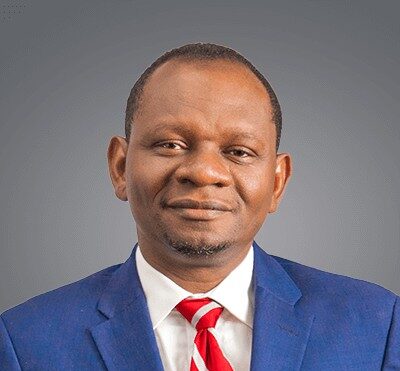
The National Primary Health Care Development Agency (NPHCDA) has expressed deep concern following a recent baseline assessment revealing significant disparities in the functionality of primary health care (PHC) facilities across Nigeria.
Executive director of NPHCDA, Dr. Muyi Aina highlighted these findings during the inaugural quarterly performance dialogue on Monday in Abuja, where federal and state governments, along with health sector stakeholders, convened.
Aina, represented by the head of the monitoring and evaluation division at NPHCDA, Dr. Uzoamaka Epundu provided an in-depth analysis of the state of primary health care services across the country.
“The assessment, conducted from March 18 to May 1, 2024, aimed to establish the baseline functionality of PHC facilities supported under the Basic Health Care Provision Fund (BHCPF). Only 21 per cent of assessed PHC facilities meet the minimum Level 2 functionality (L2) standard required for effective delivery of essential healthcare services. Regional disparities are stark, with the north-east leading at 35 per cent functional L2 facilities, while the South-East lags at just 7 per cent,” he said.
He stressed the urgent need for targeted interventions to enhance healthcare service delivery, particularly in underserved areas, urging stakeholders to collaborate on implementing effective strategies to bolster PHC facility functionality and improve healthcare outcomes nationwide.
Despite progress in maternal and child health indicators, challenges persist, including funding shortages, logistical issues in medical supply distribution, and a scarcity of trained healthcare personnel in remote areas.
To address these challenges, he proposed a multi-faceted approach involving increased government funding, partnerships with international health organisations and community engagement programs. He highlighted the role of community health workers in bridging gaps between health facilities and remote populations, ensuring better health access and outcomes.
Looking ahead, he planned to expand initiatives targeting specific health challenges, including vaccination campaigns, health education programs, and mobile health clinics for hard-to-reach areas.
Science Nigeria reports that at the quarterly performance dialogue, Q1 2024 maternal and child health indicators were discussed, revealing mixed progress and ongoing challenges. While skilled birth attendance (SBA) coverage improved, concerns remain over antenatal care (ANC) attendance and data accuracy issues. The report underscores the importance of continuous monitoring and evaluation to achieve sustainable healthcare improvements nationwide.

